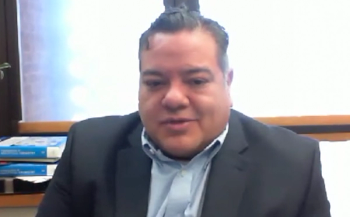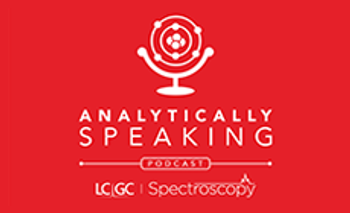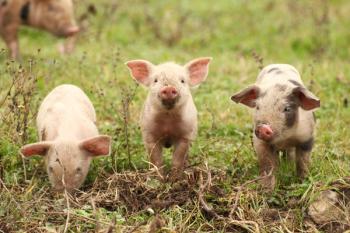
OSA Optical Sensors and Sensing Congress Offers Free Virtual Event
The Optical Society of America (OSA) has shifted its Optical Sensors and Sensing Congress to an all-virtual web conference format, free to attendees. The event will be held June 22–26, 2020.
The Optical Society of America (OSA) has shifted its Optical Sensors and Sensing Congress to an all-virtual web conference format, free to attendees. The event will be held June 22–26, 2020.
OSA’s Optical Sensors and Sensing Congress provides a forum to facilitate reporting on the latest optical-based sensor advances, bring together major sensor developers and users, and provide a showcase for the latest sensor prototypes and products.
The conference program includes five core topic areas: applied industrial spectroscopy; laser applications to chemical, security, and environmental analysis; optical sensors; optics, and photonics for sensing the environment; and propagation through and characterization of atmospheric and oceanic phenomena. Each topic area will include a mix of plenary, keynote, and tutorial sessions, and poster presentations. Within the Applied Industrial Spectroscopy Topical meetings there are sessions on agriphotonics, process spectroscopy, applications in extraction industries and harsh environments, mobile spectroscopy, and bridging from data to information.
Technical sessions will be presented live from the Pacific Daylight Time Zone (PDT) with a recorded archive available later for on-demand viewing.
More information about the event, including how to register for free, is available on the society’s website, at
Newsletter
Get essential updates on the latest spectroscopy technologies, regulatory standards, and best practices—subscribe today to Spectroscopy.




